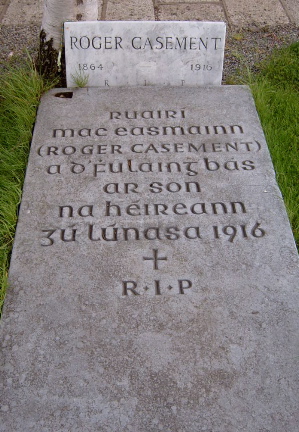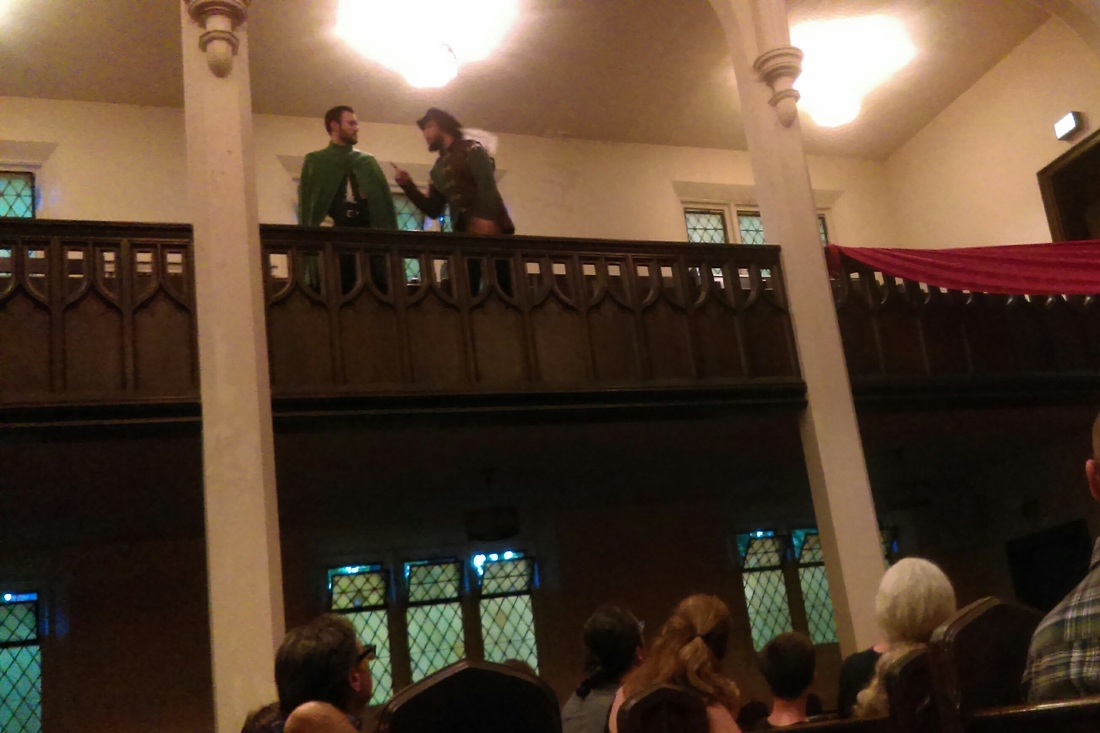One hundred years have come and gone
Since on St Stephen’s Day
The Law claimed Ireland’s noblest son
And took his life away—
The British Law which has no claim
To Ireland’s fiery heart,
As now, a century of shame
Begins to break apart.
In Pentonville the gallows swung;
The soul of Roger Casement
Delivered, ere the body hung
To God without defacement,
From whose lips issued words of peace
To lately his defamers,
For he had earned well-won release,
They caught that were the framers.
So Empire and Iniquity
Do crumble to the dust,
The soul of Roger Casement free
From lies that were unjust:
Though Diaries were never forged
Time’s sea change is enough
To show that they on lust engorged,
Accusers crude and rough.
Ten decades and his fame lives on
In spotless reputation,
“We all are brothers, everyone,”
His lasting declaration;
“Unnatural, artificial wars
Propelled by greed of power
Are misery’s destructive source,
Before which traitors cower.”
He was no traitor to his kind;
They killed him as a child;
A world of stain he left behind,
One penitential, mild,
As in his wake a world of love
His history bequeathes,
Though freedom’s air, which did him move,
No scion of empire breathes.



 RSS Feed
RSS Feed